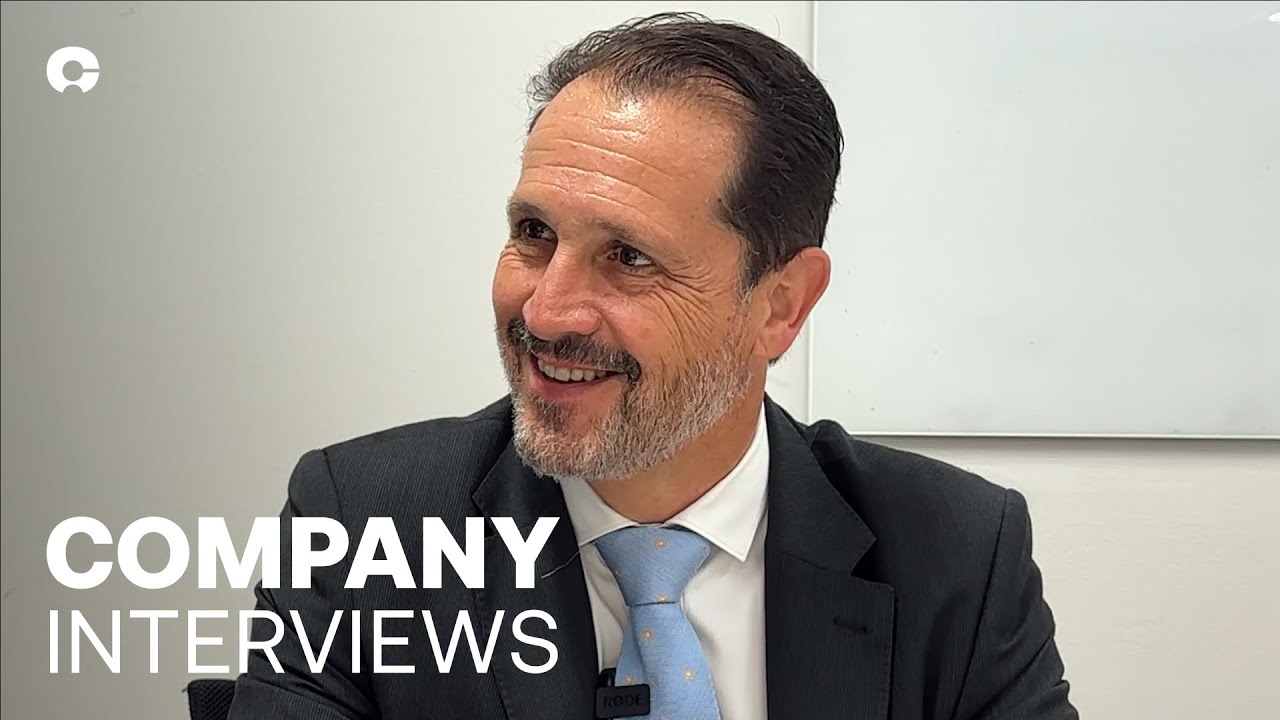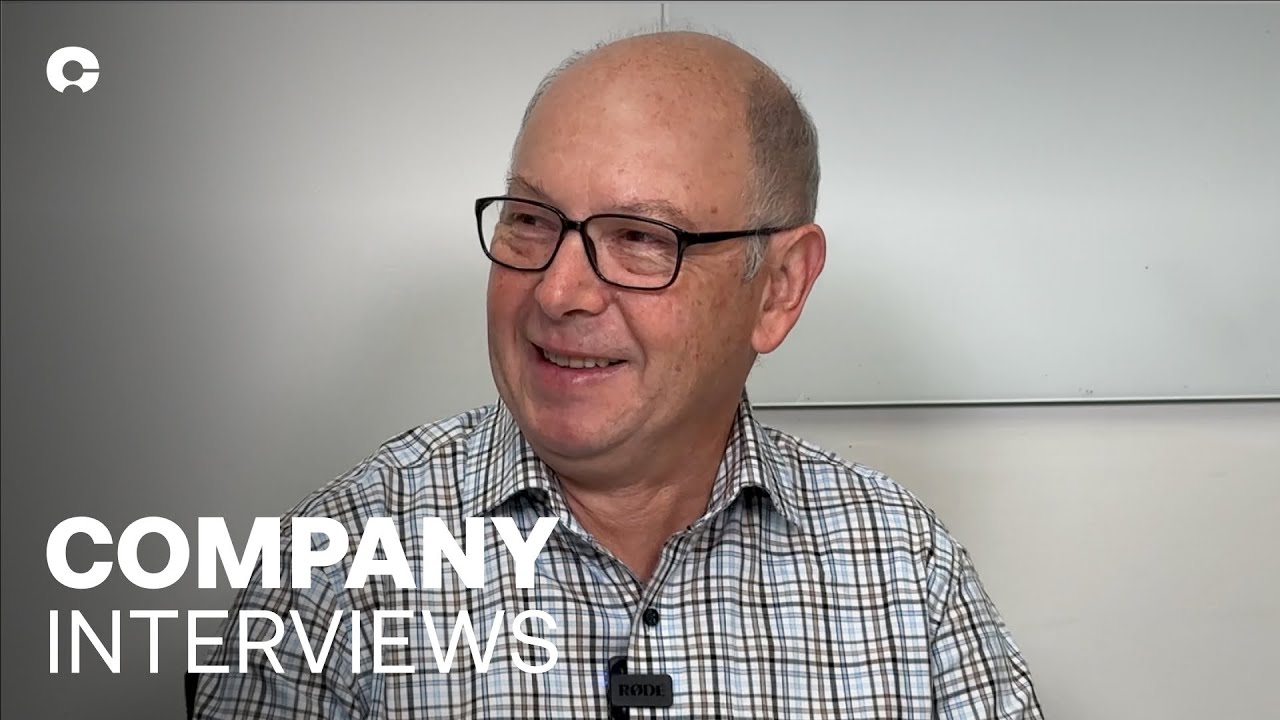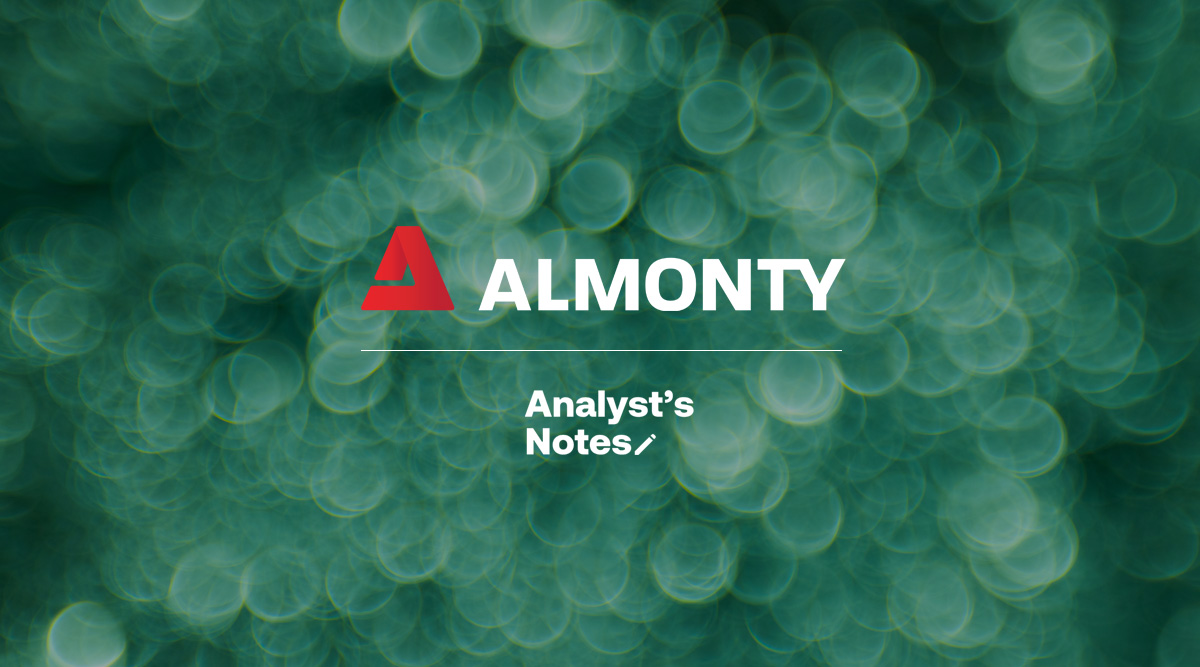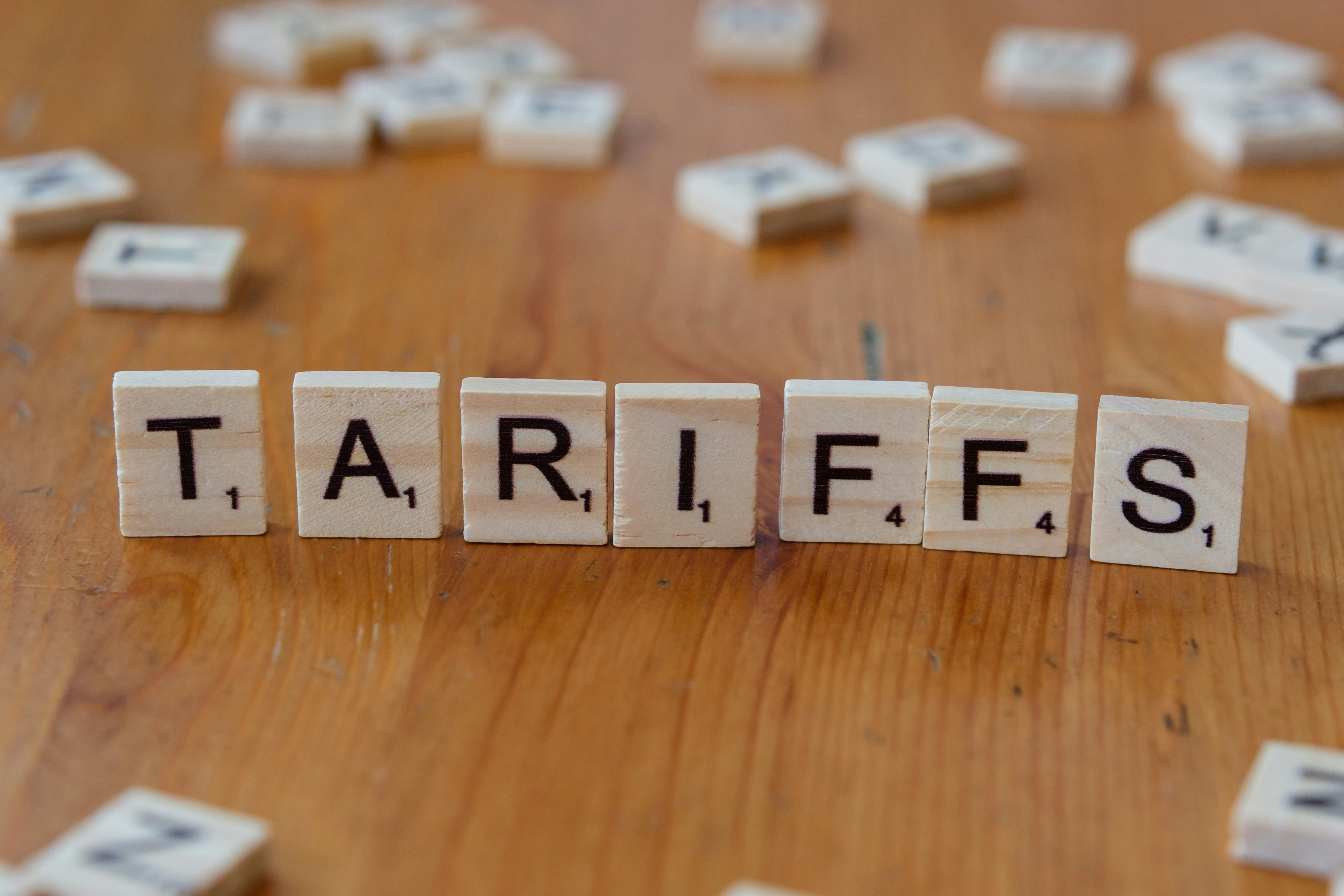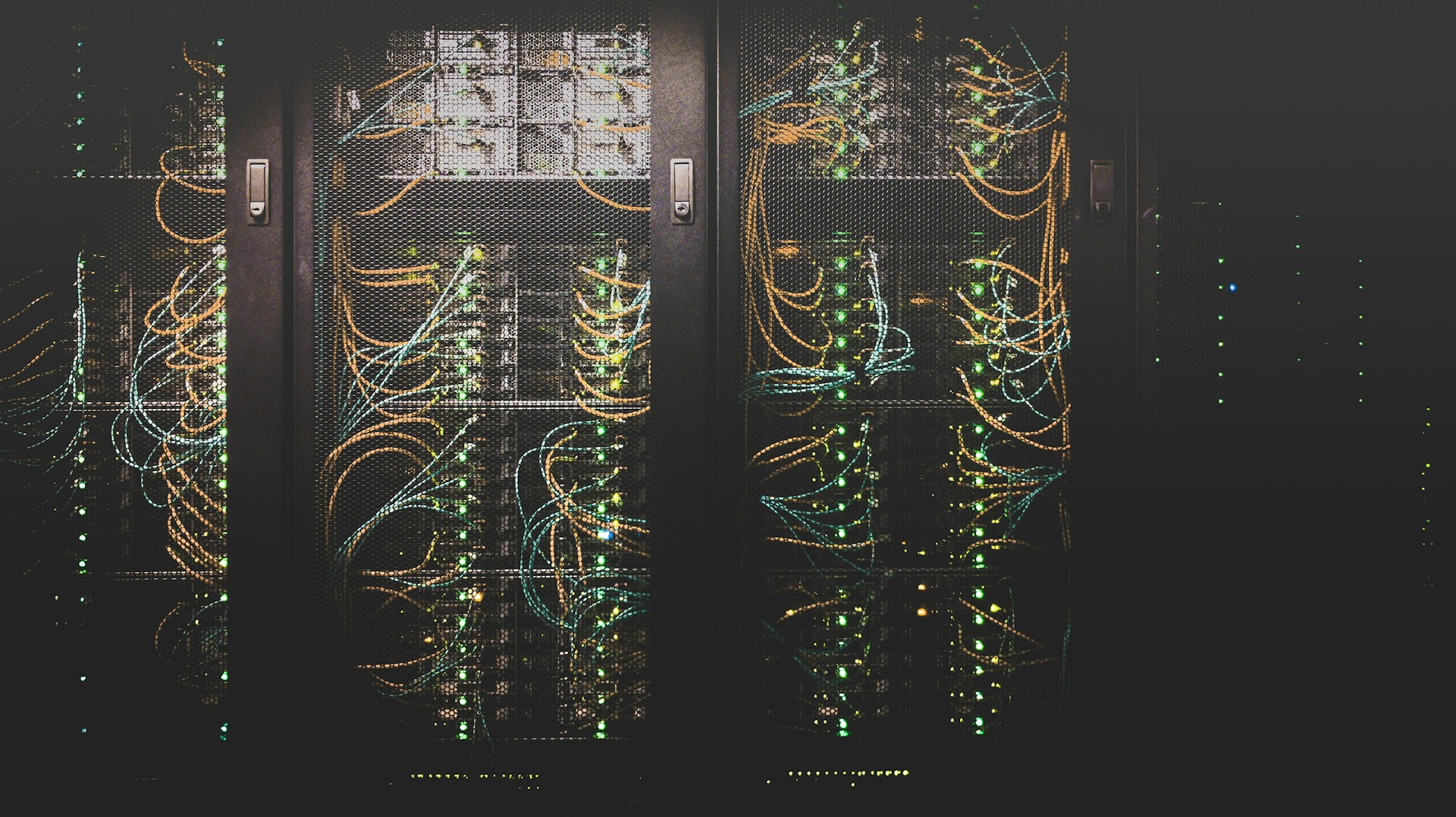

Professional Mining Analysis, News & Education related to Spain.
The mining history of Spain dates back to ancient Roman times when they exploited mineral resources like gold, silver, copper, lead, and iron. In the Middle Ages, mining became significant as different regions of Spain became known for their particular minerals. The Basque Country was known for iron, Almadén for mercury, Andalusia for copper, and Asturias for coal. Mining played a major role in fueling Spain's colonial expansion from the 16th to the 18th century as minerals were extracted from the colonies. During the 19th century, Spain enjoyed a mining boom, and the mining industries continued to expand until the Civil War. After the war, the mining industry faced several challenges such as the depletion of mineral resources, labor disputes, and inter-regional competition.
Today, Spain's mining industry mostly focuses on non-metallic minerals such as clays, limestone, feldspar, and salts. The mining industry has also moved towards environmental and social responsibility, adopting sustainable practices with the aim of minimizing the negative impact on the environment while protecting vulnerable communities. Spain's mining industry also faces demographic challenges as it employs a predominantly aging workforce. Nevertheless, recent years have seen significant modernization of mining facilities and infrastructure, and the industry remains vital to the economy of some regions, providing direct and indirect employment opportunities.

Natural Resources Investing, Explained
Enrol in our comprehensive FREE course that will equip you with the knowledge and tools to navigate the world of natural resource mining and assess mining companies for potential investments.






